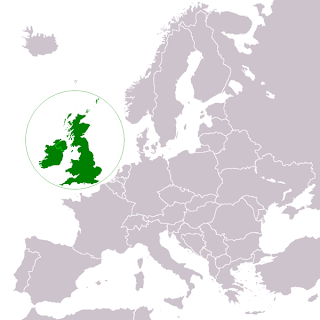
For those of you who find this a little heavy going, I promise something lighter tomorrow!!
History is a fluid a thing. The same facts can mean different things to different people and peoples. Rarely was this statement truer than in a comparison between the great historical narratives of Winston S Churchill and Norman Davies. Polar opposites in terms of their political ideology, these two important figures provide an interesting counter balance to one another.
Winston Churchill’s a History of the English Speaking People’s takes its cue from the works of Gibbon and Macaulay. Faintly imperial, confident and wide ranging, Churchill’s history relates not only the development of
Great developments in political systems occur, in his account, by opposed groups of elites battling it out in some way – be it intellectually, physically or by the forces of practicality. Magna Carta for example, was the first time an English monarch had his power limited through the concerted actions of a group of powerful men, the barons. Through this often bloody conflict, however, a civilised and worldly point of view developed which equipped the English speaking peoples sufficiently to play a leading role in the development of world governments, commerce and religion. For Churchill, the Uk formed by gradual and almost inpercepibly increments starting during the Middle Ages. By the end of the book, Churchill concludes that the best thing for the world would be an alliance of English speaking nations: working together for the shared good of the world; a
Norman Davies is a man who wears his political allegiances equally openly as Churchill. For Davies, the idea of an English speaking Commonwealth with teeth would be an alliance with fangs. Instead, he advocates European integration. Whereas Churchill’s history emphasizes individuals and personal power, Davies highlights circumstances and
When read in close succession they provide something like a balanced opinion for the interested reader to learn more about English, and to some degree British history. Of the two, Churchill’s is the longer and more interesting read. His sentence construction alone makes History of the English speaking peoples worthy of a place on the Café Lumiere book shelf. Churchill is limited though because his account does read a little like a world war two film made in about 1950. One feels that in the light of recent shenanigans in
Norman Davies is also a good read and can also be found in café Lumiere. Davies is obviously an idealist, very nice in its way, but his book does sometimes sound a little too much like a party manifesto for the European lovers party. For example, at the end of his account, when he argued that
The most fitting thing to say, by way of conclusion, must be… ‘vive la difference’. Let both accounts stand as worthy partners in understanding ourselves and this thing called
3 comments:
The most fitting thing to say, by way of conclusion, must be... long live England and death to the cheese-eating surrender monkeys. I bet you weren't expecting so balanced an opinion from me were you? :)
Whatever I was expecting, it was not a cheese-eating surrender monkey. We don't normally have them in the cafe, the are rather hard to serve... especially given the language barrier and an insistence on paying in bananas.
Long live England seems quite appropriate given that it was St. George's day yesterday.
Post a Comment